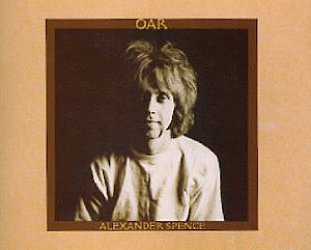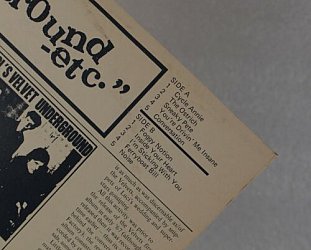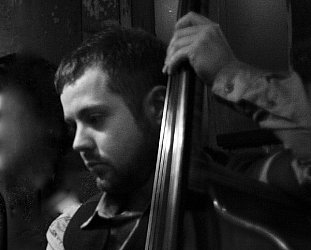Graham Reid | | 1 min read
Adriano Celentano and Claudia Mori: Presincolinensinainciusol

The evidence would tell us conclusively that English is the language of pop and rock music.
From Tokyo and Manila to Quito and Johannesburg, artists who want to succeed internationally in pop and rock adopt English – sometimes just phonetic replication of the words.
Sometimes badly, sometimes well.
Idiomatic English doesn't always survive in translation or the artists' understanding of the language but the intention is there.
Who doesn't enjoy hearing a Filipino band belting out a Beatles song as “I neber dance wit a nutter” or Abba's often garbled lyrics?
In 1972 the Italian singer/actor and early rock'n'roller Adriano Celentano observed his country's infatuation with English-language songs over local artists singing in their own language and thought . . .
Perhaps the audience doesn't really understand what the English means – he himself appeared in Fellini's 1964 film La Dolce Vita singing Little Richard's Ready Teddy in English which he'd learned phonetically – so he decided to write a song with words which sounded like English. But weren't.
“I thought that I would write a song which would only have as its theme the inability to communicate. And to do this, I had to write a song where the lyrics didn't mean anything.
The result was an intentional parody of the sound and style of an artist like Bob Dylan – lots of words, hard folk-rock sound – but the lyrics were nonsense. They just sounded like English.
He performed it with his wife singer/actress Claudia Mori and, unexpectedly, it became a hit in Italy, Belgium, France, West Germany and Holland.
It's as catchy as hell and makes about as much sense as the Kingsmen's Louie Louie.
The song came with the incomprehensible title Presincolinensinainciusol.
But then what did you expect?
If none of it makes sense then why should the title?
Good song though. It has had covers and remixes.
Sounds immediately familiar, doesn't it?
Which is why we need to talk about Presincolinensinainciusol.
.
For other articles in the series of strange or different characters in music, WE NEED TO TALK ABOUT . . . go here.





Lisa - Nov 19, 2024
Speechless. I'm not one to pay too much attention to lyrics, so this has a vibe that really hits the spot. For some unfathomable reason I couldn't stop thinking about the geography teacher sex appeal of Jarvis Cocker as I watched the video..
Savepost a comment